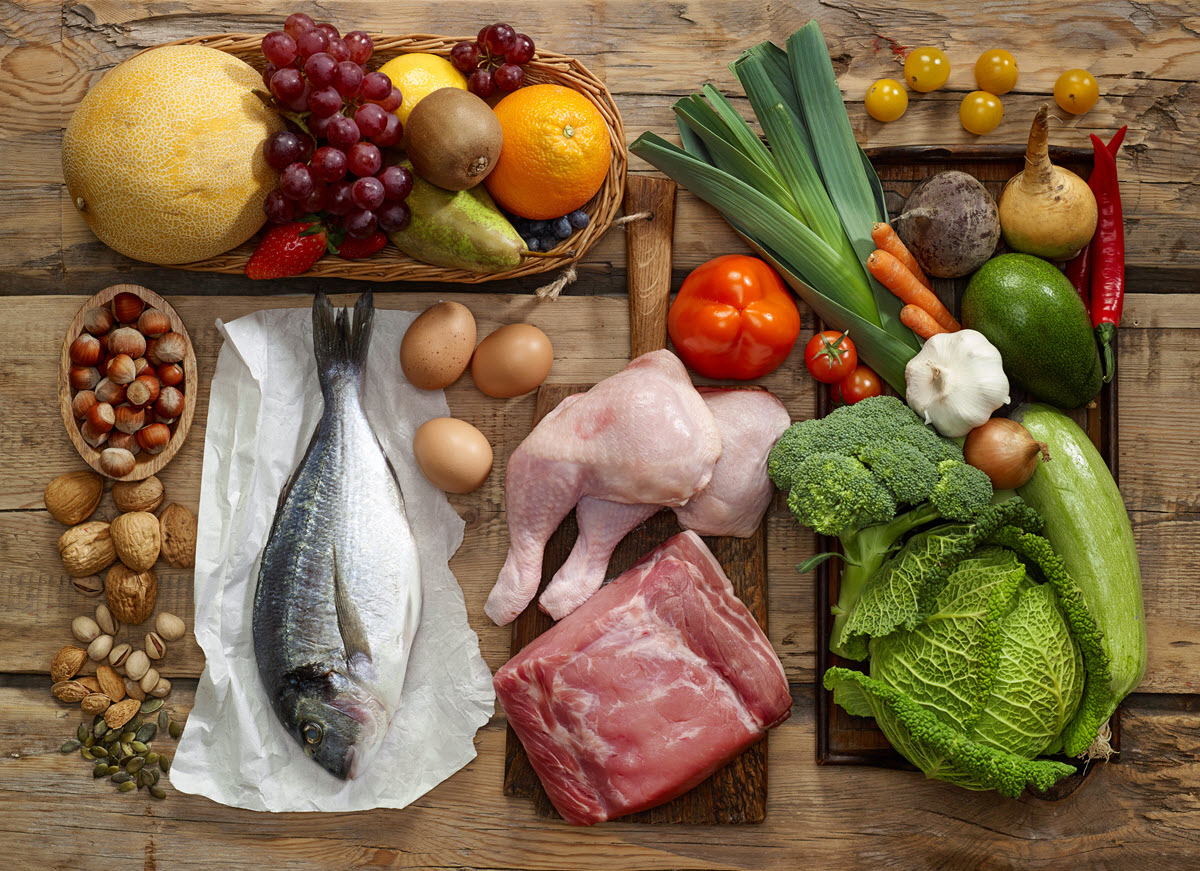With a new year upon us, many of us are looking forward to what lies ahead. This is a great time to set goals for self-improvement.
If you’re looking to get healthier this year, you’re certainly not alone. A recent survey of 1,000 Canadians indicates that fitness and nutrition goals are the most popular new year’s resolutions for 2023.
If you’re wondering how to stay motivated and focused on your goals in the months ahead, remember that taking small steps in support of your resolution can help put you on the path to long-term success.
So, here are 5 healthy tips to kick off the year and help keep you or your family active and healthy. Let’s get started!
Move, Move, Move
Staying healthy and improving your overall quality of life are excellent reasons to exercise as a new year’s resolution. Working out not only helps you look and feel better physically, but it also has numerous mental health benefits.
Exercise can reduce stress levels, boost energy and self-confidence, improve sleep quality and focus, and help regulate mood. Regular exercise can even help protect against certain illnesses such as heart disease or diabetes.
Setting a new year’s resolution to exercise not only helps you establish healthy habits but also shows dedication and commitment to yourself as you strive to reach your goals.
Get Enough Sleep
Sleep is essential for optimal health and well-being. Aim to get 7-8 hours of sleep per night and create a routine that helps promote enough quality rest.
This could include winding down with a warm bath or shower before bedtime, avoiding screens before bedtime, and keeping your bedroom at a comfortable temperature.
Not getting enough sleep can lead to chronic fatigue, difficulty concentrating, and weakened immunity. Additionally, lack of sleep has been linked to higher levels of stress hormones in the body, which can lead to depression and anxiety.
Boost Your Mood With Happy Foods
Although food, in general, can provide comfort and a sense of happiness and reward, nutrition also plays an active role in our emotions. Research has shown that what we eat affects how we think.
Eating foods that increase serotonin levels, for instance, can help improve your mood, reduce stress, and improve sleep quality. These are, in particular, foods that are high in tryptophan, an amino acid found naturally in many food sources.
Foods such as eggs, turkey, salmon, nuts, oats, seeds, bananas, avocados, pineapples, and dark chocolate are all good sources of tryptophan which can help increase serotonin levels.
These happy foods when consumed along with a healthy diet can work wonders for our moods, allowing us to proceed through the day with a more positive attitude.
Drink More Water
Staying hydrated is essential for health and performance. Remember that water makes up about 60 percent of our body weight and plays an instrumental role in maintaining overall health.
Water helps to regulate our body temperature, aids digestion, transports nutrients throughout the body, and helps flush out toxins.
Make sure to drink enough water throughout the day – aim for at least 8 glasses per day – and reduce your intake of sugary drinks like soda or energy drinks. This may seem like a lot, but you can make it easy by carrying around a reusable water bottle and sipping on it throughout the day.
If you prefer, you can also add flavour to your water with fruits such as lemons or berries for an added zing.
Focus on your Zen
By taking time each day to practice Zen-inspired activities such as mindful breathing, guided imagery, or simply sitting quietly in a peaceful location you can help to reduce stress and anxiety while connecting with your innermost self.
The more you practice Zen, the more likely you are to gain clarity about what truly matters most in your life and how to best live it. This could mean making healthier decisions for yourself or committing to a new goal or project.
Cultivating this type of mindset will allow you to live each day with intention rather than letting it pass by without considering its purpose or meaning.
In Conclusion
A solid new year’s resolution is the first step in your journey to self-improvement this year, and your actions can turn it into a reality. These simple healthy tips can go a long way toward making the new year a fulfilling and motivating one. So, let’s make this year a great one by starting it off right!
For a full focus on your health journey, you can also seek the advice of professionals at Calgary Integrative Medicine. As Calgary’s premier naturopathic clinic, we offer a wide variety of services to help you live a more fulfilling life.
Get in touch with us today to find out how we can help you on your wellness journey!








